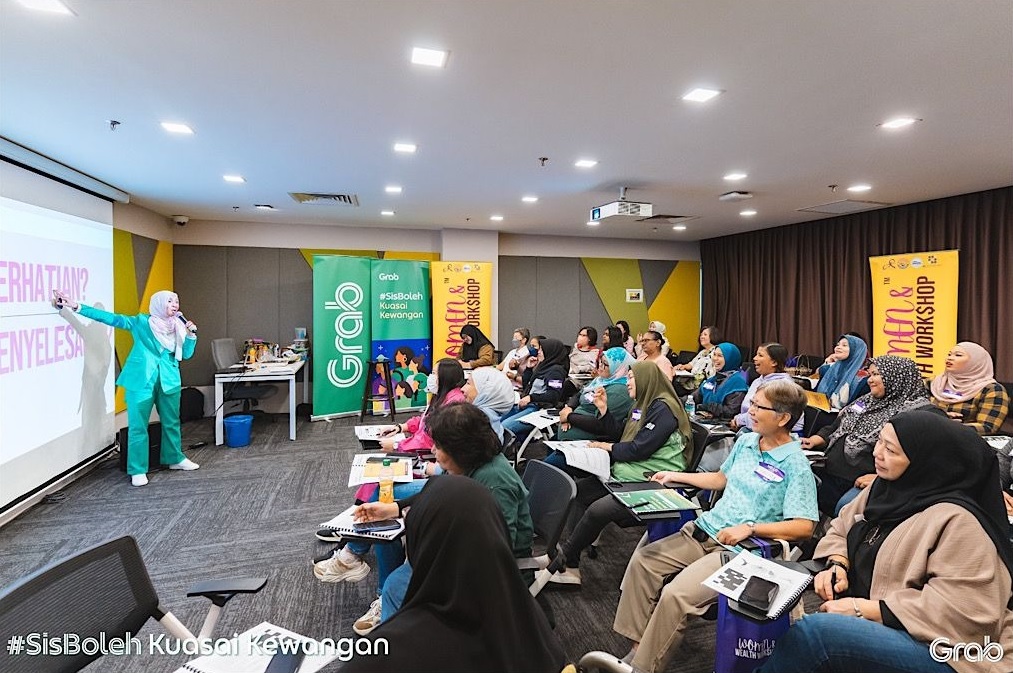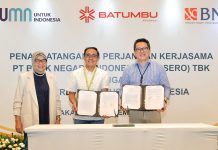
The financial knowledge of Malaysians has significantly improved since 2016 and is approaching the level of develop countries. However, there are still 3 challenges hindering further progress towards becoming a financially literate society.
Bank Negara Malaysia (BNM) deputy governor Adnan Zaylani Mohamad Zahid said this improvement is reflected in the financial survey results of the Organisation for Economic Cooperation and Development (OECD) last year, where the financial literacy level surpassed the global average.
“While this is an encouraging development, we remain mindful of other factors influencing financial behaviour, which also present challenges,” he noted.
From the survey, 2 key financial challenges were identified, which include poor financial management, saving habits and digital financial literacy.
Adnan Zaylani pointed out that poor financial management remains a concerning issue with the survey revealing that one in four Malaysians feel their debt is burdensome, while wide access to financial services such as having a deposit account does not translate into meaningful saving habits and usage.
The survey also showed that 61% of Malaysians would have difficulty to come up with RM1,000 in case of an emergency.
He noted that the low level of digital financial literacy was highlighted as 15% of the population – mostly teenagers – tend to share their passwords, making them more vulnerable to the increasing rate of online scams and being used as money mules.
“As a result, great emphasis has been on raising awareness and providing information and support services regarding these 3 issues,” he added.
To further enhance financial literacy for Malaysians, the #SisBolehKuasaiKewangan programme – organised by Grab Malaysia – aims to help Grab’s women partners better manage their finances.
The programme, held on 14 November, provided a platform for female Grab drivers to share financial challenges and learn strategies to strengthen and stabilise their financial management.
One of the Grab women partners, 53-year-old Mariahton Kiptiah Abd Manap admitted that she previously paid little attention to financial management, but after attending the programme, she now feels more confident in planning her expenses effectively.
“I wasn’t disciplined in saving before and my earnings would often just ‘disappear’. However, after looking at the spending schedule taught in this programme, I can now organize my expenses systematically.
“I also realise the importance of planning expenses daily, monthly and yearly to ensure I always have savings. With solid savings, I can prepare for emergencies and also for insurance, as health is not always guaranteed,” the full-time Grab driver said, adding that the company’s flexibility allows her to balance maternal duties and earning a living.
The mother of four added that her daily income of around RM100 to RM300 as a Grab driver helps her settle debts and pay for her children’s education until they complete their studies.
Meanwhile, 46-year-old mother of three, Nor Ezatul Farrita Shaari said the financial management workshop changed her perspective on financial discipline.
“When I calculated my yearly earnings, I was shocked to realise I could actually earn RM100,000 but I didn’t see the results due to poor financial management. This class taught me to discipline myself (in managing finances) according to schedule. Now I have financial plan for the year and beyond,” she said.
According to the workshop’s financial advisor and speaker, Aisya Rahman explains that the programme differs from regular financial classes as it emphasises that financial management also related to mental and emotional health.
“Unlike other financial classes, we focus on emotional and psychological aspects, including providing a space for participants to share their hidden traumas,” she pointed out.
Aisya also sees Grab as a platform that offers a ‘second chance’, enabling individuals – including female drivers – to improve their lives.
“I believe women need to learn proper financial planning and get the right guidance. This process takes time and patience to build confidence and resilience in facing life’s challenges,” she added.
Earlier this year on 5 March, Grab Malaysia launched several initiatives to strengthen ties with its female partners and one of the #SisBoleh’s main initiatives is the #SisBolehKuasaiKewangan programme.














